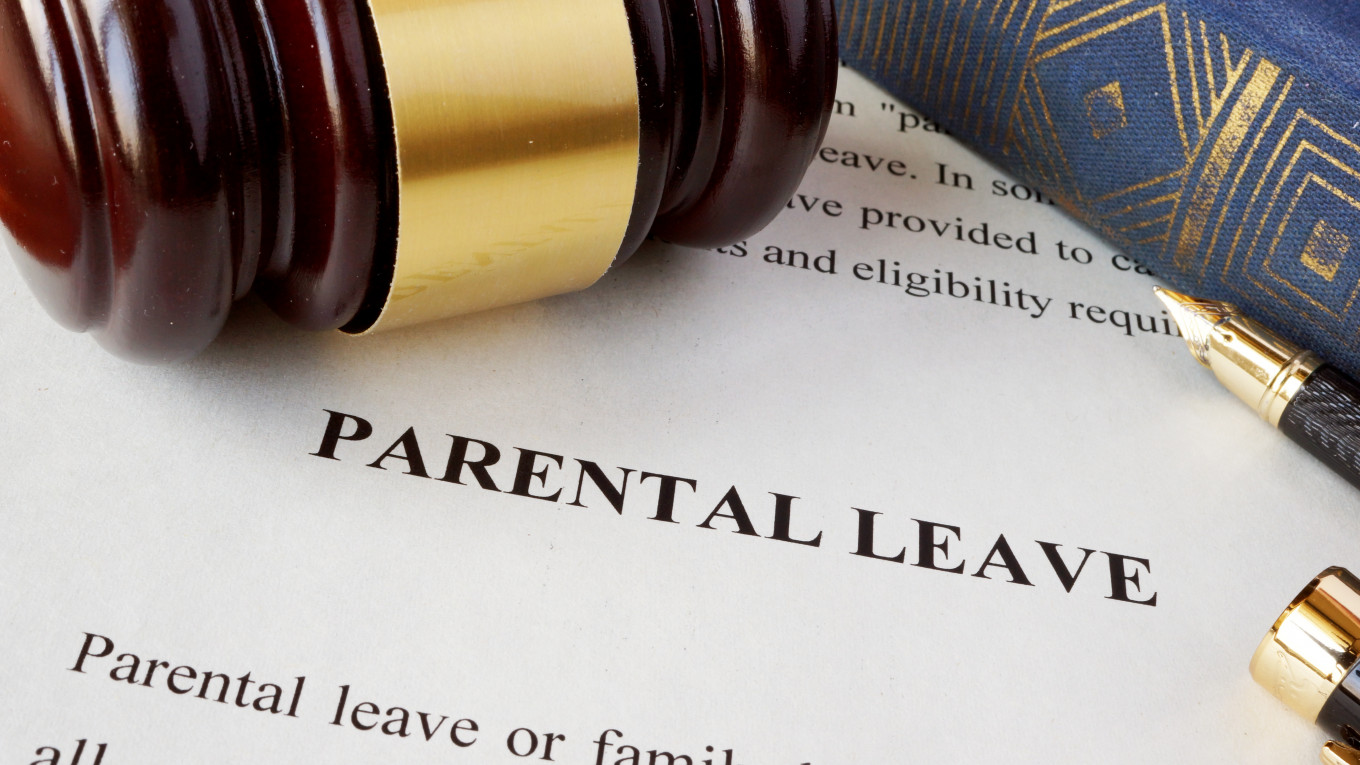Business
Major Changes in Parental Leave: South Africa’s Constitutional Court Considers Groundbreaking Case

South Africa stands on the brink of a transformative shift in parental leave policy. The Constitutional Court is set to decide on a groundbreaking case challenging the gendered disparities in the country’s Basic Conditions of Employment Act (BCEA), which currently grants four months of paid leave to biological mothers but only ten days to fathers. This case could not only reshape South African family dynamics but also set a precedent for other African nations with restrictive leave policies.
The Current Landscape: Gendered Gaps in Parental Leave
Under the current system, South African law grants four months of paid maternity leave to biological mothers, while fathers receive just ten days of paternity leave. This policy structure reflects outdated gender norms, placing a disproportionate caregiving burden on women while limiting fathers’ ability to participate in early child-rearing.
Advocates for change argue that such disparities reinforce stereotypical gender roles and restrict the flexibility of families in deciding caregiving roles. In a landmark decision, the Gauteng High Court ruled last year that the BCEA’s provisions violated constitutional rights to non-discrimination and dignity. The High Court’s ruling recommended that both parents, regardless of gender, should be eligible for four months of paid leave.
The Constitutional Court’s Role: A Potential Shift in Gender Equity
Now, the Constitutional Court will determine if the High Court’s decision will be upheld. Ziona Tanzer, legal counsel at the Solidarity Center, stated, “Although we do anticipate the Constitutional Court confirming the judgment, how it does so and what it says about gender, the redistribution of care work, and feminist labour law will be significant.” This decision could redefine South Africa’s parental leave from a gender-equality standpoint, encouraging a balanced approach that acknowledges the roles of both parents.
If the Court affirms this ruling, it could reshape legal interpretations of parental leave, challenging other African countries to follow suit and reconsider their parental leave policies, where paternity leave is often minimal or nonexistent.
Implications for Non-Traditional Families
This case also brings attention to the experiences of adoptive and surrogate parents, who currently face obstacles when seeking paid leave under the BCEA. The High Court found these limitations discriminatory, as they fail to account for diverse family structures and overlook that primary caregiving roles can be assumed by any parent, regardless of biological connection. The ruling underscores a commitment to family inclusivity, ensuring that all families, regardless of composition, are treated equitably.
Broader Social Impact: Fostering Gender Equity and Economic Stability
Bradley Swanepoel of the Commission for Gender Equality believes that a more inclusive parental leave policy could significantly impact South African society. “Recognising both parents as capable caregivers fosters healthier family dynamics and challenges traditional norms,” said Swanepoel, who argues that supporting gender equity in caregiving promotes economic stability within households and helps alleviate the disproportionate burden placed on women.
What’s Next?
The Constitutional Court’s decision will ultimately determine whether the High Court’s interim order will become immediately effective or if the legislature will have time—potentially up to two years—to amend the law. An immediate ruling would be a swift relief for parents navigating the BCEA’s rigid limitations, while a delayed implementation would allow time for comprehensive legislative reform.















